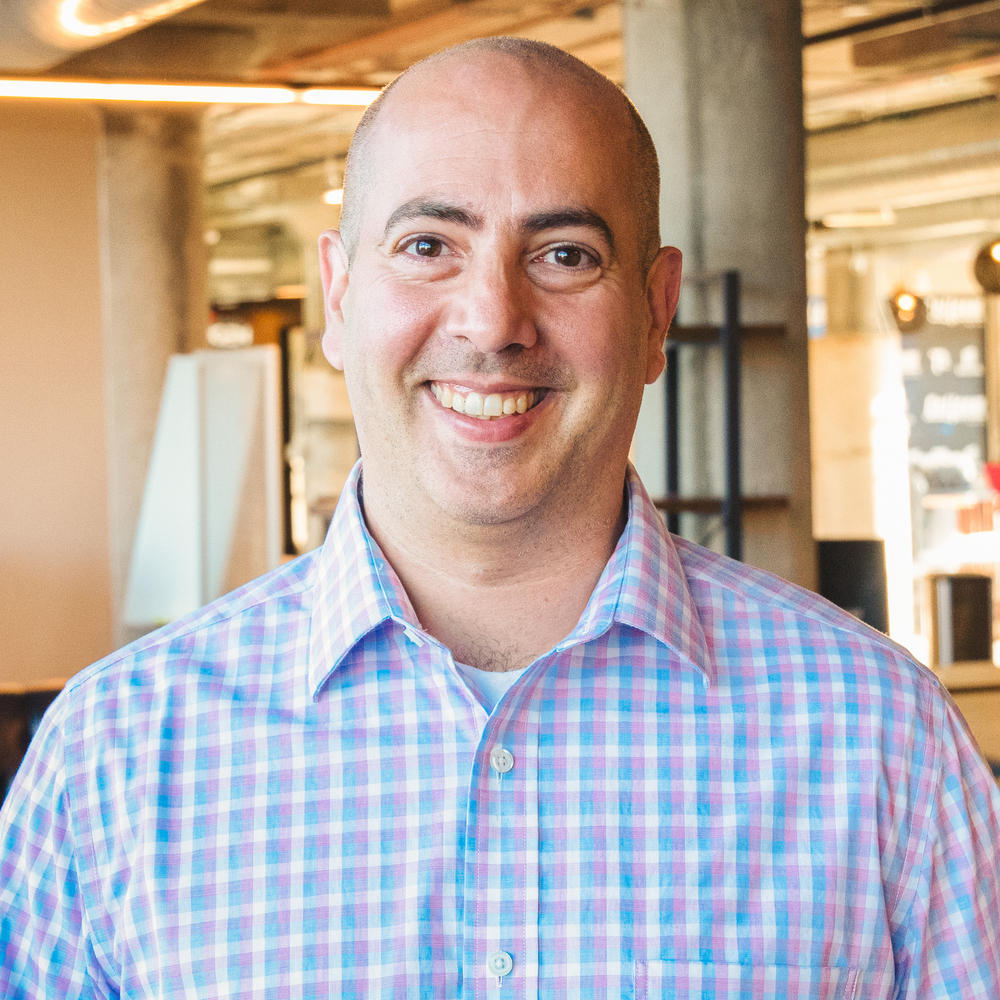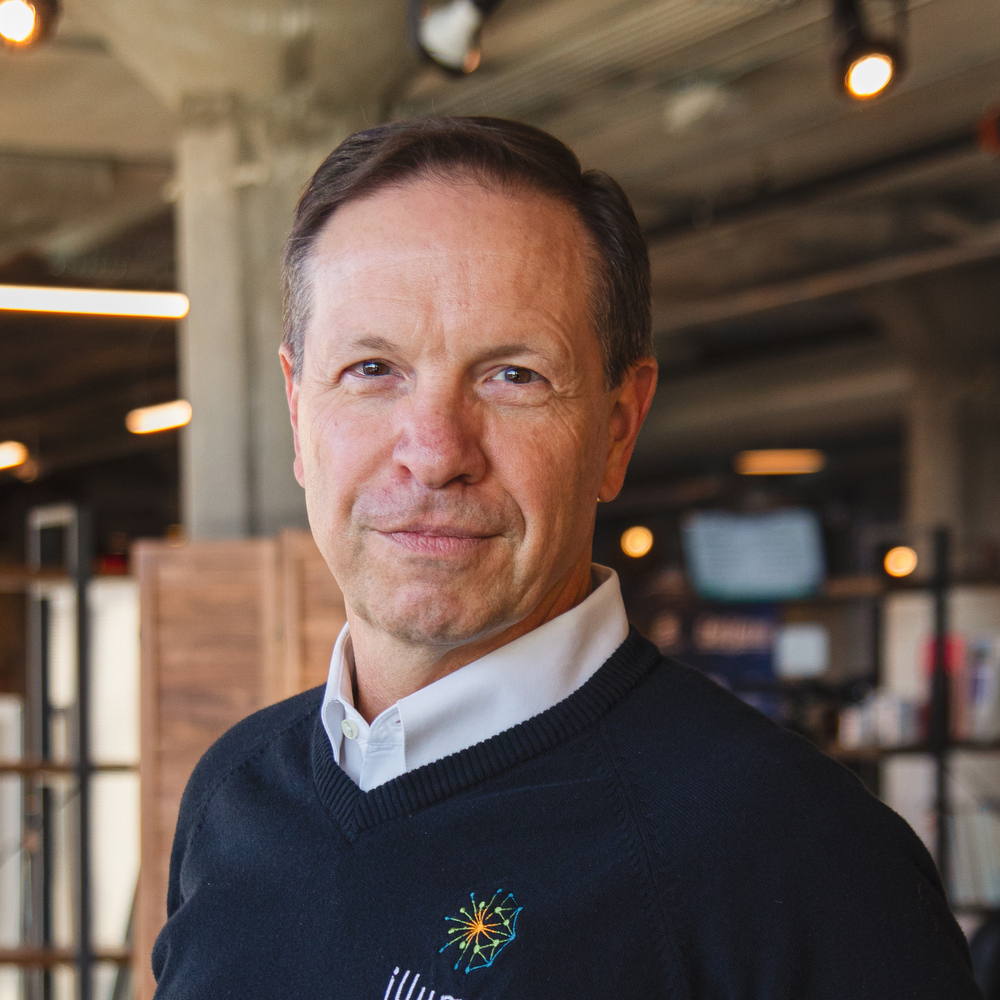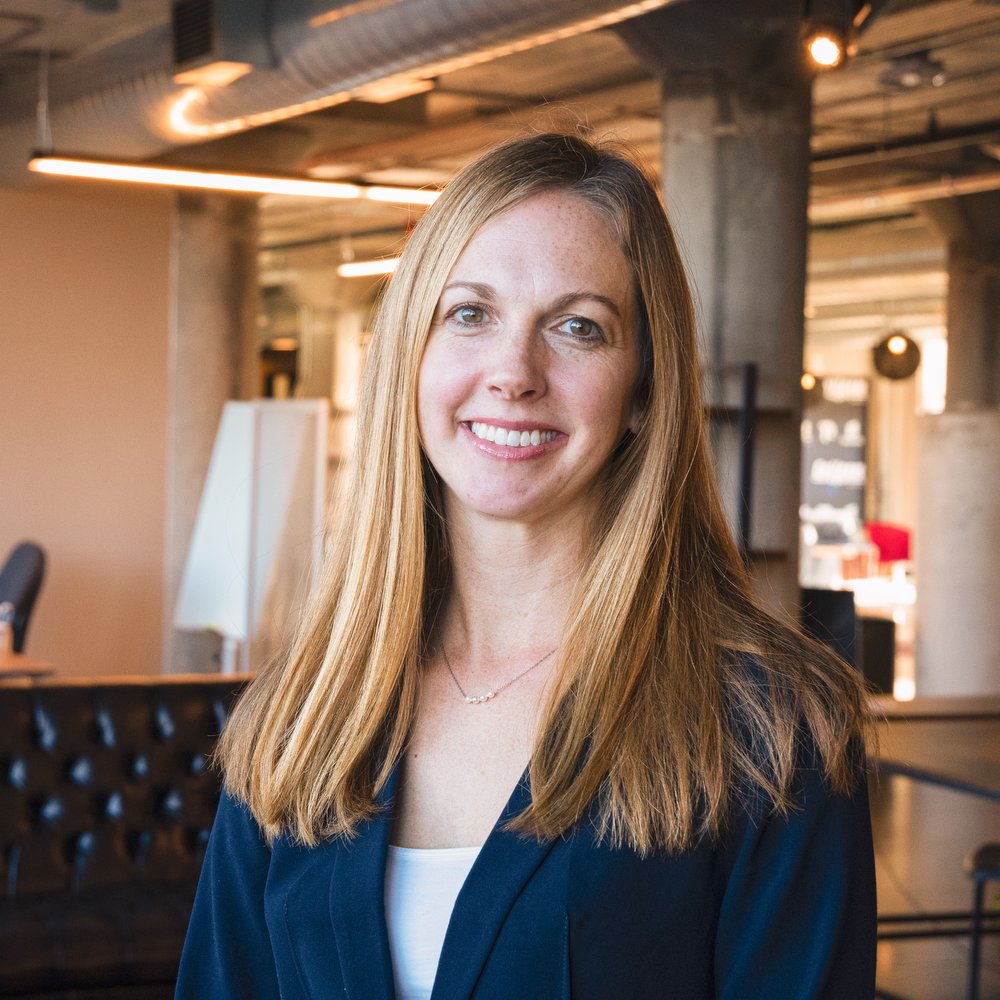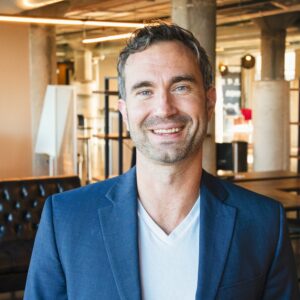In today’s fast-paced and complex work environments, maintaining employee engagement, well-being, and productivity is a constant challenge for leaders. One powerful solution to this challenge lies in the concept of Psychological Capital (PsyCap). Rooted in positive psychology, PsyCap focuses on developing the mindset and resilience needed for employees to thrive amid adversity and change.
In this blog, we’ll explore the core components of PsyCap, its impact on organizational success, and how it can be cultivated within teams to enhance performance and overall well-being.
What is Psychological Capital?
Unlike fixed personality traits, PsyCap can change over time, meaning that employees and leaders alike can strengthen it through targeted interventions and strategies. The four key components of PsyCap—Hope, Optimism, Self-Efficacy, and Resilience—each contribute to a person’s ability to manage challenges, remain motivated, and perform well under pressure.
The Four Components of Psychological Capital
Hope
Hope, within the PsyCap framework, is more than just wishful thinking. It refers to a person’s ability to set goals, create multiple pathways to achieve them, and maintain the motivation and agency to pursue those goals. Hopeful employees don’t give up when one path fails; they pivot and find alternative ways to reach their objectives. This adaptability is essential for navigating the inevitable setbacks and changes in any workplace.

Actionable Insight for hope:
For instance, if an employee faces challenges in meeting a sales goal, a hopeful mindset allows them to explore alternative approaches rather than becoming discouraged. Whether through setting new strategies or finding additional resources, hope helps employees stay resilient in pursuit of their goals.
Optimism
Optimism is the tendency to expect positive outcomes, but in PsyCap, it’s framed as realistic optimism. Employees with this trait see challenges clearly but are confident in their ability to overcome them. Rather than falling into blind positivity, they engage in obstacle planning—considering potential roadblocks and preparing strategies to address them. This proactive mindset helps teams stay grounded while maintaining confidence in the face of uncertainty.

Actionable Insight for optimism:
A practical approach to fostering optimism is reverse brainstorming. This technique involves identifying everything that could potentially go wrong in a situation, allowing teams to create contingency plans. By addressing these concerns upfront, employees feel more secure in their ability to handle setbacks, which fosters a positive yet realistic attitude.
Self-Efficacy
Self-efficacy, or confidence, is about having the belief that one can successfully take on challenges and achieve goals. It’s closely related to feelings of competence—an individual’s belief that they have the necessary skills and resources to succeed. Employees with high self-efficacy are more likely to embrace difficult tasks and persist in the face of adversity.

Actionable insight for self-efficacy:
To build self-efficacy, it’s important to break large tasks into smaller, more manageable goals. For example, in a workplace setting, this could involve setting short-term goals within a larger project, allowing employees to gain small wins that build their confidence over time. Visualization is another useful tool, where employees imagine themselves successfully completing tasks, reinforcing a sense of capability and readiness.
Resilience
Resilience is the capacity to recover from setbacks and even grow stronger in the face of adversity. In a work environment, resilience helps employees remain productive during challenging times, be it organizational changes, personal difficulties, or external pressures. Resilient individuals view setbacks as temporary and surmountable, enabling them to maintain their focus and determination.

Actionable insight for resilience:
One way to foster resilience is through reframing—helping employees shift their focus from the negative aspects of a situation to the aspects they can control. By focusing on actionable steps rather than dwelling on problems, individuals can navigate challenges more effectively and bounce back faster from setbacks.
Why Psychological Capital Matters in the Workplace
PsyCap has significant benefits for both individuals and organizations. Research shows that employees with higher PsyCap tend to experience greater job satisfaction, higher levels of engagement, and enhanced overall well-being. Moreover, they are more productive and less likely to suffer from burnout, making them valuable assets to their teams and organizations.
From a leadership perspective, fostering PsyCap can lead to a stronger organizational culture. Employees who exhibit hope, optimism, self-efficacy, and resilience are more likely to take initiative, contribute innovative ideas, and collaborate effectively with their peers. Teams that collectively have higher PsyCap are better equipped to manage conflict, adapt to change, and achieve long-term goals.
How to Cultivate PsyCap in Your Organization
Building PsyCap doesn’t require a massive overhaul of your organization’s practices. With focused effort, leaders can implement small yet impactful interventions to help employees develop these four traits.
1. Develop Goal-Setting Processes
Encourage employees to set clear, achievable goals and identify multiple pathways to reach them. This builds both hope and self-efficacy, as employees gain a sense of agency and confidence in their ability to adapt and succeed.
2. Encourage Obstacle Planning
Help teams engage in realistic optimism by fostering open discussions about potential challenges. By planning for obstacles ahead of time, employees will feel more secure and optimistic about their ability to navigate difficulties.
3. Provide Opportunities for Mastery
Build self-efficacy by offering employees opportunities to take on challenging tasks and succeed. This might involve breaking down larger projects into smaller milestones to allow for quick wins and confidence boosts.
4. Promote a Growth Mindset
To cultivate resilience, encourage employees to see setbacks as learning opportunities rather than failures. Leaders can model this mindset by openly discussing their own challenges and how they overcame them, creating a culture that views adversity as a path to growth.
5. Implement Structured Interventions
Consider organizing structured PsyCap training sessions, where employees are guided through exercises to develop hope, optimism, self-efficacy, and resilience. These can take the form of workshops, coaching sessions, or small-group meetings focused on personal and professional development.
Invest in Stronger Mindsets
Psychological Capital is a powerful and flexible framework for developing a resilient, motivated, and high-performing workforce. By investing in PsyCap, leaders can create a work environment where employees feel empowered to take on challenges, adapt to changes, and maintain their well-being.
The best part? PsyCap is developable. With focused efforts and targeted interventions, organizations can cultivate these traits, leading to not only enhanced productivity but also long-term employee satisfaction and retention.
If you’re looking for a way to boost engagement, productivity, and resilience in your team, consider integrating Psychological Capital into your leadership strategy. Investing in your people’s mindsets will pay dividends, both for their personal growth and for the success of your organization.





